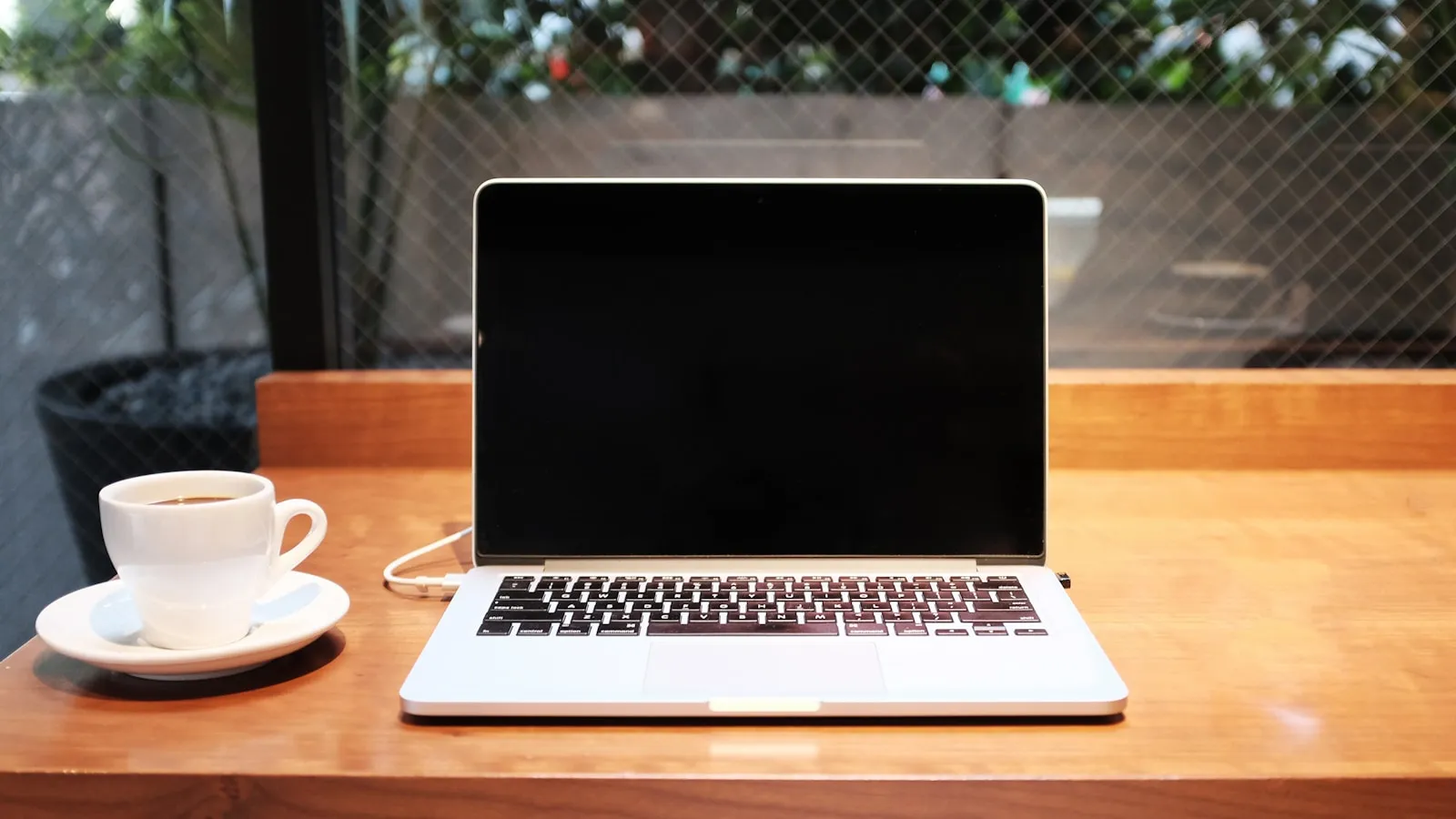html
How to Fix a Slow Computer: Effective Solutions for Improving Performance
Is your computer taking forever to start up, or running painstakingly slow? Don’t worry; we have the answers you need. This comprehensive guide will walk you through various methods to fix a slow computer and optimize its performance.
1. Clean Up Unwanted Files
Over time, your system accumulates temporary files, cache, and other unnecessary data that consume valuable storage space and hinder your computer’s performance. Regularly cleaning up these files can help improve speed.
- Disk Cleanup (Windows): Press the Windows key + R to open Run, type “cleanmgr” and press Enter.
- CleanMyMac X (macOS): Download this third-party application from the Mac App Store to manage your files more efficiently.
2. Manage Startup Programs
Too many startup programs can slow down your computer significantly. To speed things up, you should disable unnecessary applications that launch at startup.
- Task Manager (Windows): Press Ctrl + Shift + Esc to open Task Manager, then go to the Startup tab and select programs to disable.
- System Preferences > Users & Groups > Login Items (macOS): Remove unwanted applications from the list.
3. Perform Regular System Maintenance
Regularly maintaining your system is crucial for optimal performance. This includes running antivirus software, updating drivers, and installing operating system updates.
- Antivirus Software: Ensure you have a reliable antivirus application installed on your computer and run scans regularly.
- Driver Updates: Keep your drivers up-to-date by visiting the manufacturer’s website or using third-party software like Driver Booster.
4. Optimize Your Web Browser
A cluttered browser can also contribute to a slow computer. Clean up your bookmarks, history, and cookies to improve browsing speed.
- Clear Cache: Use the “clear cache” option in your browser’s settings or press Ctrl + Shift + Del on Chrome or Firefox.
- Disable Extensions: Disable unnecessary extensions to speed up browsing and reduce system load.
5. Invest in More RAM
If your computer still lags, investing in more RAM can significantly improve performance. Consult a professional or research the appropriate RAM for your specific computer model before making a purchase.
Conclusion
With these effective solutions at hand, you’ll be well on your way to fixing a slow computer and optimizing its performance. Regular maintenance, careful management of startup programs, and cleanup of unnecessary files can make a significant difference.

0 Comments